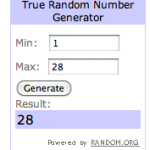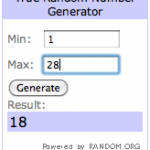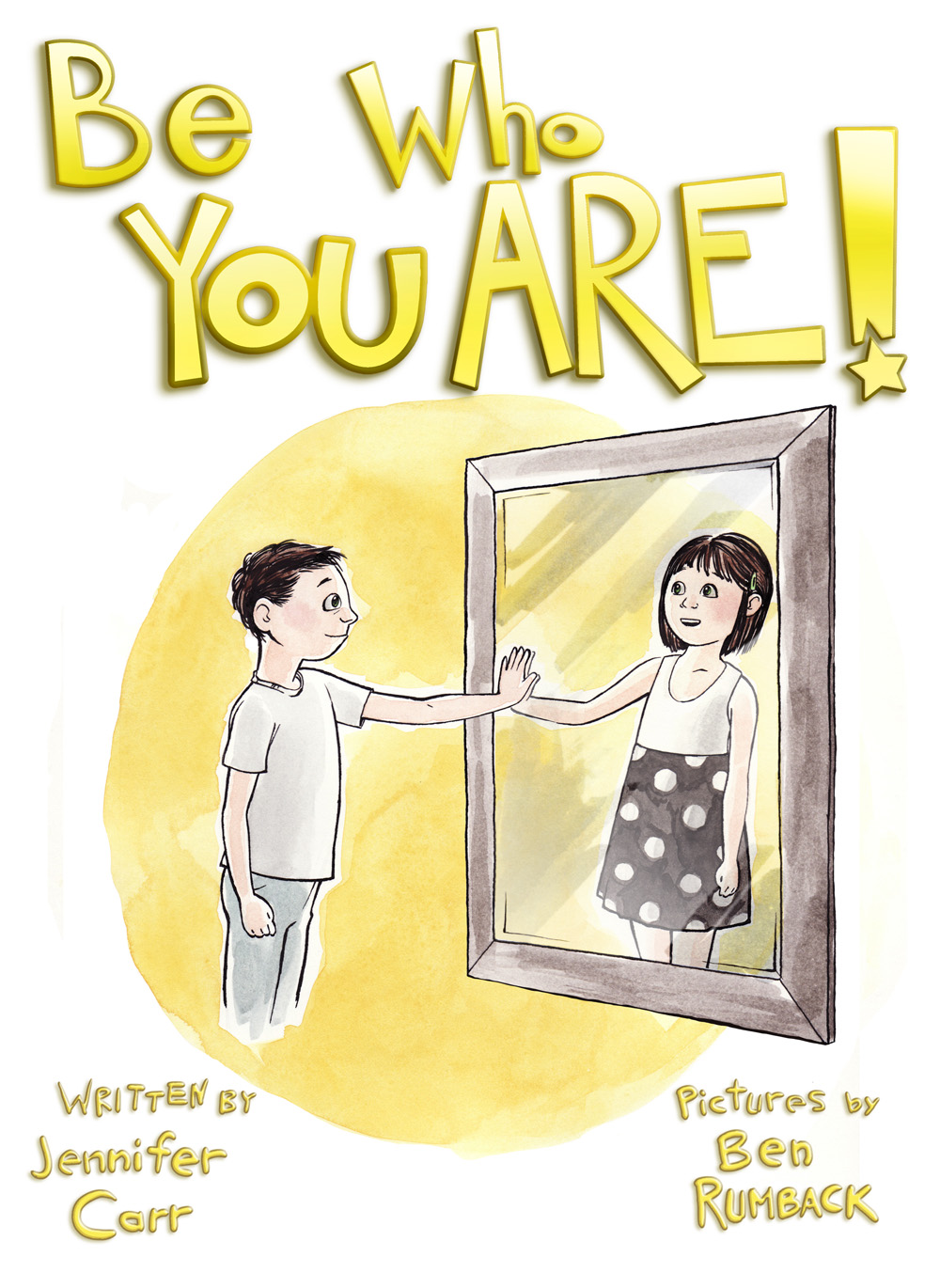 “Mom, write this down.”
“Mom, write this down.”
Sam and I had just read Be Who You Are, a lovely book about a transgender child, biologically a boy, whose parents affirm her desire to live as a girl. I’d told Sam that I’d been asked to review the book, and I wanted to know what he thought.
Here’s what Sam had to say:
This book was pretty great in some ways and okay in some ways. I recommend it for people who really do feel like they’re one gender on the outside and a different one on the inside. But for other people, I really do not recommend it.
I asked Sam why. He explained:
I wish there were just kids. Sure, boys and girls are important, when you get older, for making babies. But for kids, who cares? A lot of my friends are girls. And that’s just hard for kids like me. The world would be a better place if there were only kids and not divided into “boy” or “girl.” Mom, can you underline that? The world would be a better place if there were only kids and not divided into boy or girl. And there were just kids. If there were just kids things would work a lot better and boys and girls would be friends with each other and there would be less problems and people wouldn’t make fun of each other at school and everyone would accept it and there wouldn’t be anything weird and life would be a better place.
Sam captured how I feel about all children’s literature about gender expression—actually, about how our entire culture views gender.
Be Who You Are is a wonderful book about a transgender child, and it’s a breakthrough to have a book like this in the world. And yet, when kids like Sam read books about trans kids, it reinforces that they don’t fit into either gender-normative society or transgender society. Carr’s book reflects the lives of the kids who do fit in a gender box—just not the box they’re expected to fit in. What of the kids who don’t fit in either box?
I was thrilled to learn that Cheryl Kilodavis’ self-published book My Princess Boy was recently picked up by Simon and Schuster, and is now available in hardcover. The book has quickly made a splash in the publishing world, and is already being used as an anti-bullying tool in schools across the country.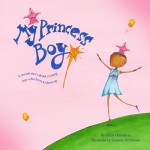
I talked to Sam about how, together, books like Be Who You Are and My Princess Boy are already expanding how grown-ups and kids look at all the ways people can express their innate gender.
These are great books. And we need more books to reflect the entire range of gender diversity. Because our kids are out there, and they need to see themselves not only reflected but accepted, dignified, and celebrated.


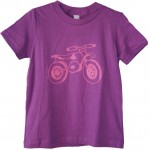 I am pleased to announce that the randomly-selected winners of the
I am pleased to announce that the randomly-selected winners of the 